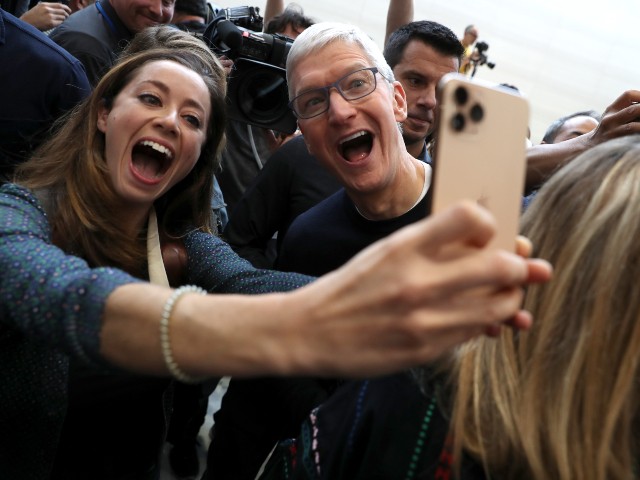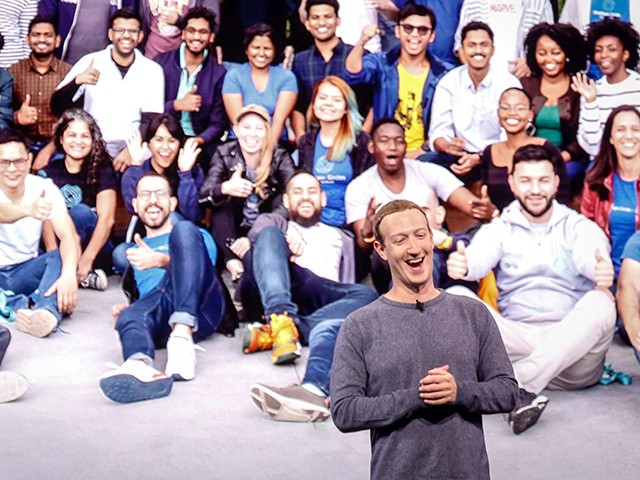A recently unsealed court filing by the FTC accuses massive data broker of Kochava of selling a “staggering” amount of sensitive information on Americans gathered from a wide variety of sources including smartphone apps. Data brokers like Kochava promise their customers a “360-Degree perspective” on individuals, which the government alleges happens without the consent of consumers.
Ars Technica reports that one of the world’s largest mobile data brokers, Kochava, has found itself at the center of a legal battle with the FTC. The FTC has accused Kochava of amassing and disclosing “a staggering amount of sensitive and identifying information about consumers,” allegedly without their consent. The FTC complaint was unsealed after the company’s unsuccessful attempt to keep it from public view.
According to the FTC’s allegations, Kochava’s database is not only huge but also alarmingly detailed. It reportedly includes information capable of identifying nearly every person in the United States. The FTC claims that Kochava’s customers, primarily advertisers, can access this data to trace individuals’ movements to sensitive locations such as hospitals, places of worship, and domestic shelters with a promised accuracy of a few meters. This level of detail extends over various time frames, ranging from a day to a year.
Furthermore, the FTC alleges that Kochava’s products offer a “360-degree perspective” on individuals, revealing personal details like names, home addresses, phone numbers, and sensitive information such as race, gender, ethnicity, annual income, political affiliations, and religion. The FTC’s amended complaint emphasizes the invasive nature of these practices, stating, “Kochava’s use and disclosure of this precise geolocation information invade consumers’ privacy and cause or are likely to cause consumers substantial injury.”
The FTC also criticizes Kochava for its “audience segments” feature, which allegedly allows advertisers to target customers based on specific sensitive and personal characteristics or attributes identified from its massive collection of data. This includes grouping people by common data points like age or gender, but also by places they have visited, political associations, or even their current circumstances, such as being expectant parents.
Kochava reportedly obtains data from a number of sources, including mobile apps and other data brokers. This web of data allegedly contains information about consumers’ usage of over 275,000 mobile apps, allowing tracking of not just what apps a customer uses, but also how long they’ve used the apps, what they do in the apps, and how much money they spent in the apps.
The FTC’s complaint further alleges that Kochava could implement safeguards to protect consumer privacy, such as blacklisting sensitive locations from its data feeds or removing sensitive characteristics from its data. However, the company allegedly chooses not to do so, instead actively promoting its data as a means to evade consumers’ privacy choices.
Read more at Ars Technica here.
Lucas Nolan is a reporter for Breitbart News covering issues of free speech and online censorship.



COMMENTS
Please let us know if you're having issues with commenting.